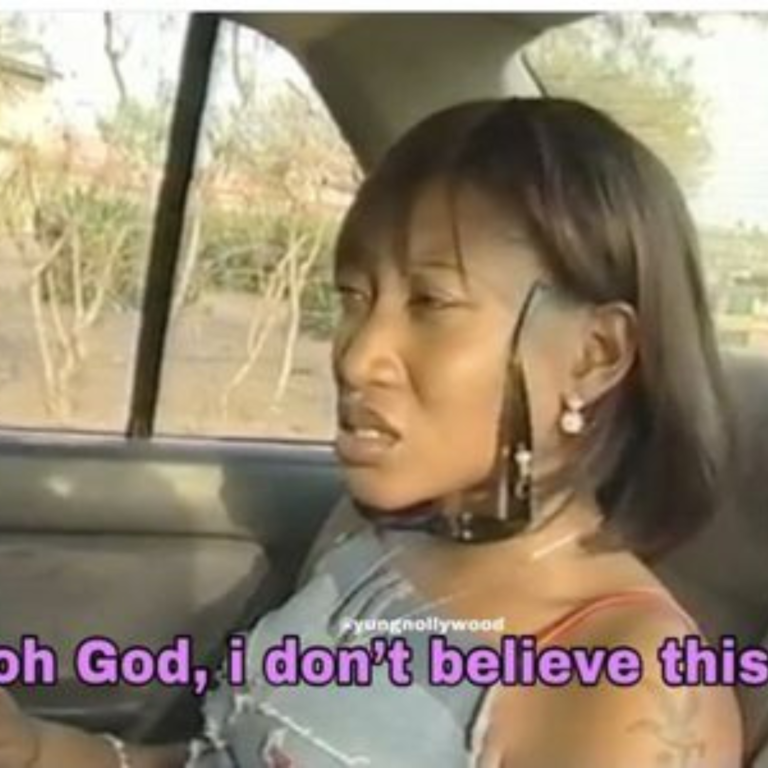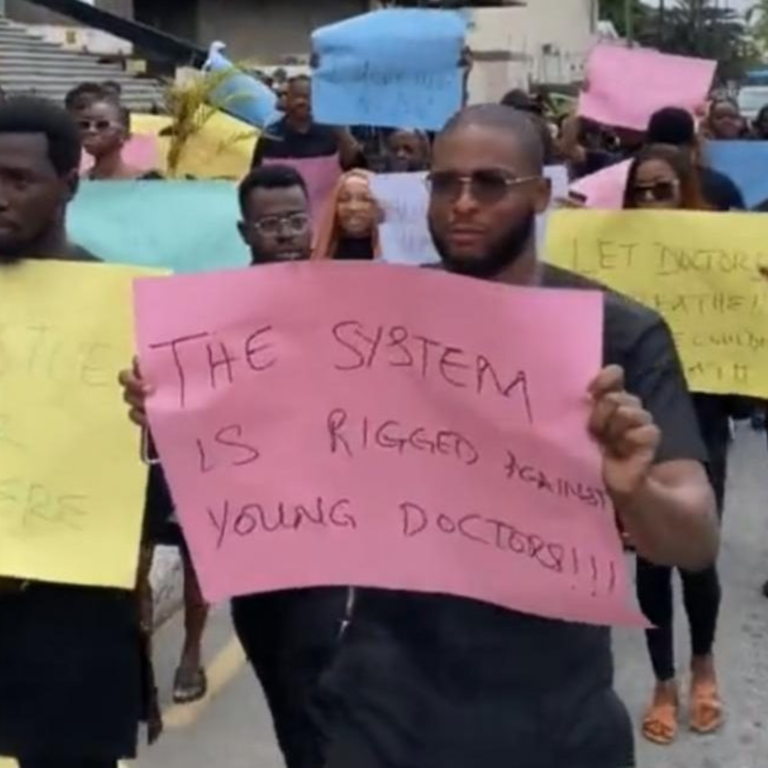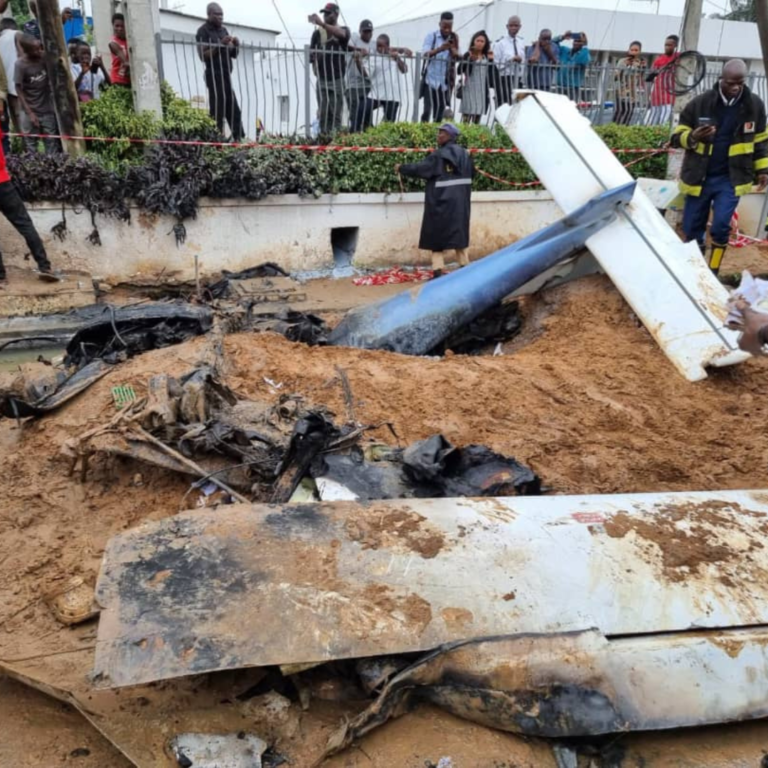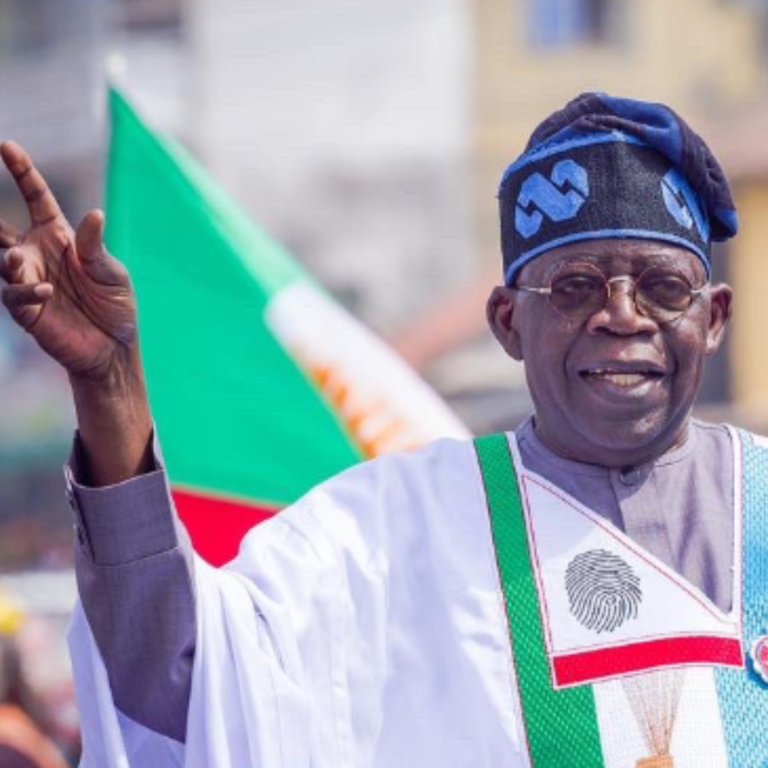Nigerians crossed into 2023 with fuel scarcity. Four months into the year many people are still struggling with the high fuel prices. But do you know that there’s a chance we might pay triple the current fuel price as the federal government has plans to remove fuel subsidy by mid-2023?
But first things first, what’s fuel subsidy?
Simply put, subsidy is the financial support provided by the government to reduce the cost of a product or service to citizens. For instance, a bag of potatoes costs ₦40,000, but the government decides it’s too expensive and sets the sales price at ₦30,000 while paying the ₦10,000 difference to the merchants.
According to the Nigerian National Petroleum Company Limited (NNPLC), Nigeria spends over ₦400 billion on fuel subsidies monthly. This expense plays a significant role in the country’s revenue loss.
The government plans to divert the funds spent on subsidies to the investment and improvement of other critical sectors of the economy. Also, removing fuel subsidy might end fuel scarcity as it helps control market stability.
The downside to subsidy removal is that fuel prices will likely skyrocket. Some independent marketers in the petroleum industry are already predicting the fuel price to be ₦750 per litre post-subsidy. Nigerians are barely coping with the current fuel price, and this would only serve to make our lives even harder.
However, there’s some good news. The government has plans to buffer the effects of subsidy removal for 50 million households.
What’s the Federal Government up to?
On April 6, 2023, the Minister of Finance, Budget and Planning, Zainab Ahmed, disclosed at the weekly Federal Executive Council (FEC) meeting that an $800 million grant —which we have now learned was actually a loan— has been secured from the World Bank as a post-subsidy palliative.
These funds will be paid out to 10 million households, an estimated 50 million Nigerians, who are most vulnerable to the subsidy removal. The government might also do more than throw money at this problem. The Finance minister also mentioned that the Ministry of Labour might be considering providing mass transit for its members.
But if $800 million is “successfully” divided by 50 million Nigerians, each person would get $16, equivalent to ₦11,840. And given the state of our economy, this might be nothing more than a drop in the ocean.
Another question that needs answering is whether the post-subsidy funds will reach the people in need because no one can forget, “How can you hoard indomeen?”. Are we going to see a repeat of the COVID-19 palliative debacle?
For now, we’ll cross our fingers and hope the government has a realistic plan to use the $800 million grant effectively.




